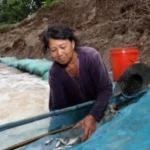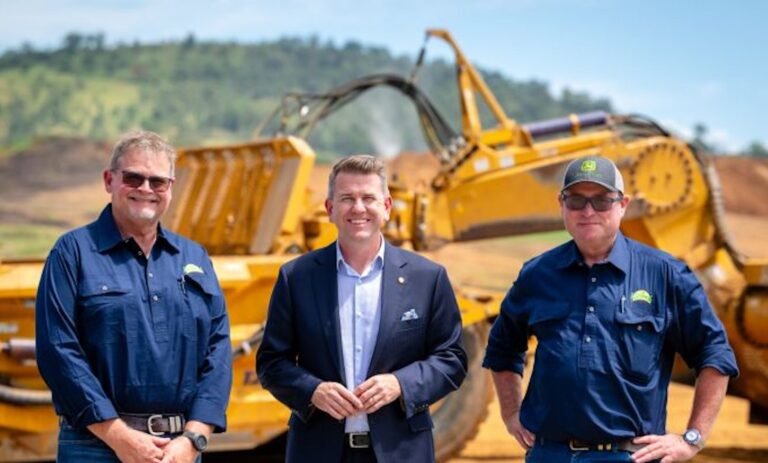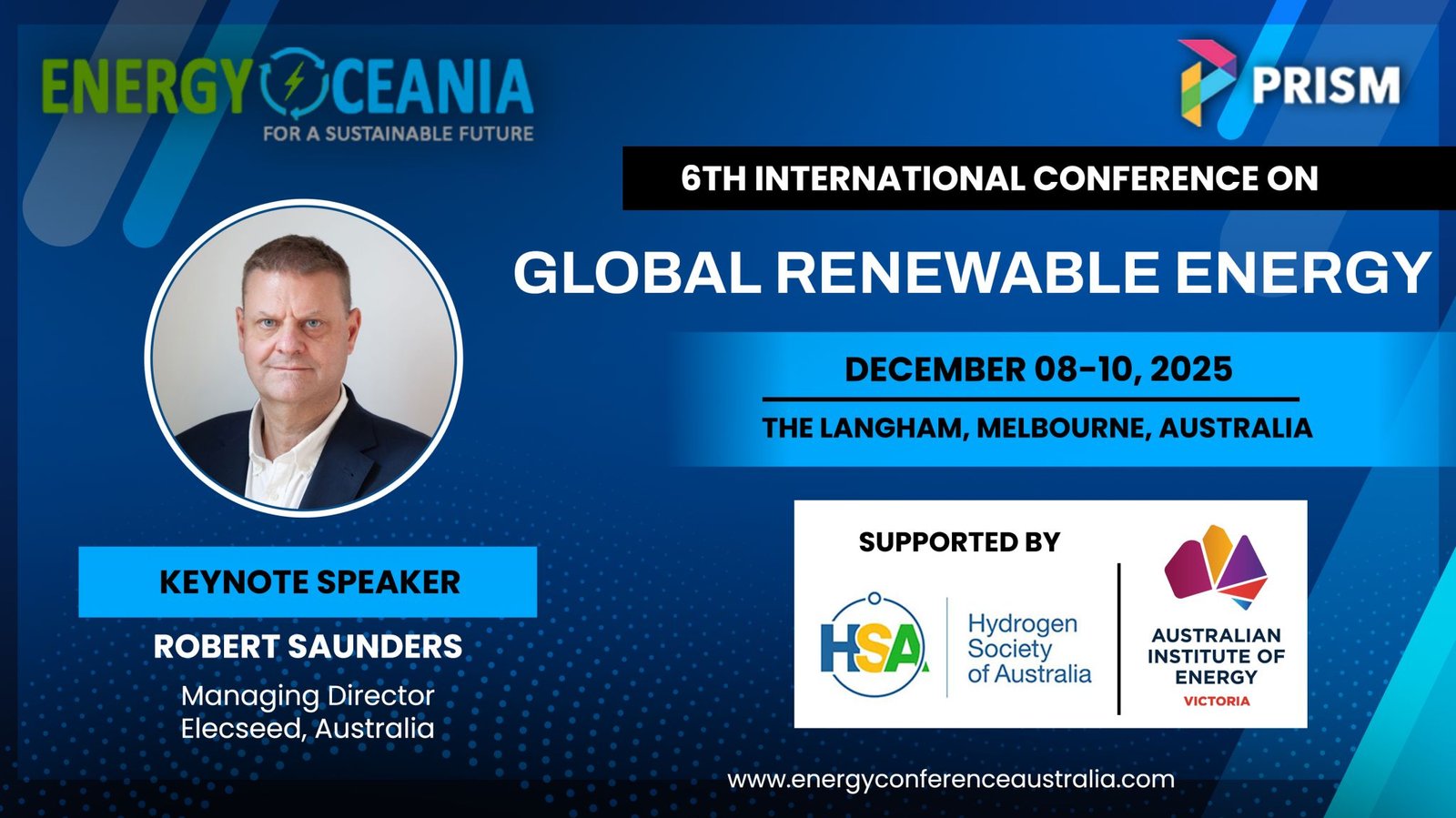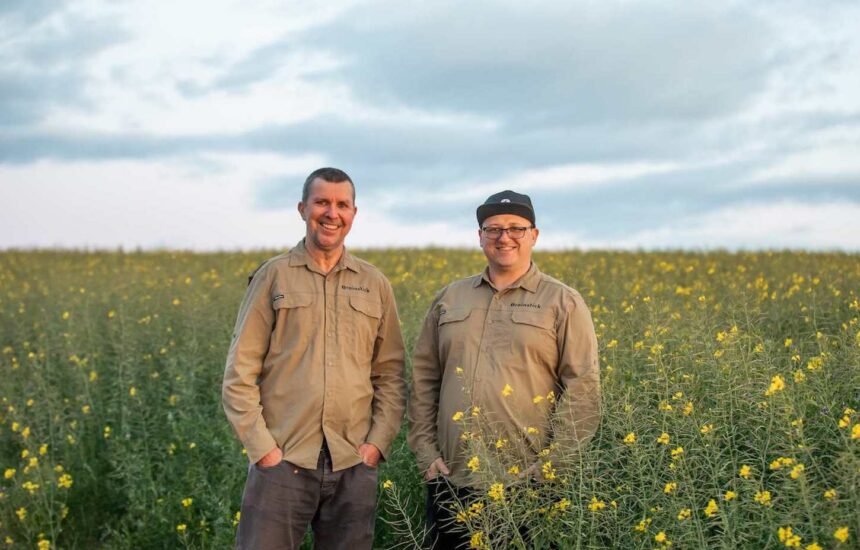THE Law of The Sea. Australia’s Ocean estate is larger than their Land Mass, and the third largest maritime jurisdiction in the world. Banned Sub-Sea Petroleum and Minerals Mining in Northern Territory, and New South Wales, is a Call Out to Stop Pacific Deep Ocean Mining.
SEABED PROFITS: Former Australian prime minister Morrison, former US CIA head Pompeo, Graham Talbot from former Shell executive, and Gerrard Barron CEO of The Metals Group deep sea mining, are partners in the venture capital firm DYNE and Seabed Minerals Fund investing millions of dollars in experimental deep-sea mining projects in the Pacific to fuel, under “the guise of national security”, arms for the AUKUS pact. (AGE Exerts)
Gerrard Baron : The Metals Company (TMC)– deep sea mining exploration company headed up by Australian CEO and Chairman, Gerard Baron, now based in fossil fuel country, Dubai, holds a Business degree from the University of Southern Queensland, with a hot-head reputation at all costs to the environment and intergovernmental organisations, who mandates over deep-sea ocean protection. TMC is fervently fighting, with Nauru as partner, for Exploitation Licenses for the pristine Clarion-Clipperton Zone (CCZ) in the Pacific Ocean of deep-sea nickel and cobalt critical minerals.
Conservation group WWF and car-maker BMW have also called for a global moratorium on deep-seabed mining – a request also backed by Google, Volvo and Samsung’s battery company.
UNCLOS Treaty (the United Nations Convention of the Law of the Sea) includes 169 States (but not USA) and are automatically members of ISA (International Seabed Authority) issuing 19 deep sea exploration licenses.
It has been argued that UNCLOS is colluding with American mining companies to diminish China’s dominance.
In 2022 TMC signed A$1.5m with CSIRO to “provide a rigorous and transparent risk assessment based on the baseline studies that The Metals Company have already conducted.” Now, 2024, where is it? (Guardian)
The Micronesia president, David Panuelo, said his country wanted a stop to all exploration activities, as well as any approvals of regulations, until more was known about the potential impacts of the mining the seabed … a pathway to the systemic collapse of our oceanic ecosystems, resulting in mass starvation and mass environmental destruction, thereby pronouncing the impacts of anthropogenic climate change and the instillation of abject economic suffering to peoples and communities who do not benefit from mining activities but feel their direct impacts.”

A depiction of Australia’s marine jurisdiction including Antarctica. Image: Geoscience, Australia
AUSTRALIA’s sovereign seas are larger than their land mass.
It stretches from the freezing waters of Antarctica Southern Ocean to the North tropics, and the vast Pacific and Indian oceans to our east and west. Australia has an Exclusive Economic Zone (EEZ) which extends beyond the standard Law of the Sea 12 nautical mile territorial sea, to a distance of 200 nautical miles in most places (1NM=1.85KM
Australia’s coasts and ocean provide an estimated A$25 billion worth of ecosystem services. These include carbon dioxide absorption, nutrient cycling and coastal protection. Ocean industries contribute A$118.5 billion and 462,000 jobs to Australia’s economy each year, and this continues to grow rapidly. (DCCEEW)
Offshore mining has already been banned in two Australian jurisdictions.
In August 2021, the Australian Environment Minister gazetted the ‘Declaration of Prohibited Action: Subsea Mining’ in There is considerable uncertainty and lack of information about the nature and extent of potential impacts from subsea mining. At this time, subsea mining is unable to be adequately assessed and regulated appropriately in a manner consistent with the Environment Protection Act 2019 due to the risks and uncertainty.
Two jurisdictions have introduced undersea mining bans off their coasts. In 2021, the Northern Territory government permanently banned seabed mining across the Territory, after a three-year moratorium in its coastal waters. Last year, the New South Wales government banned offshore oil and gas exploration and mining off their coast after ocean-lovers came together in a huge show of people-power to stop this polluting industry.












